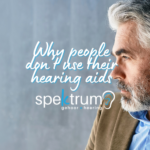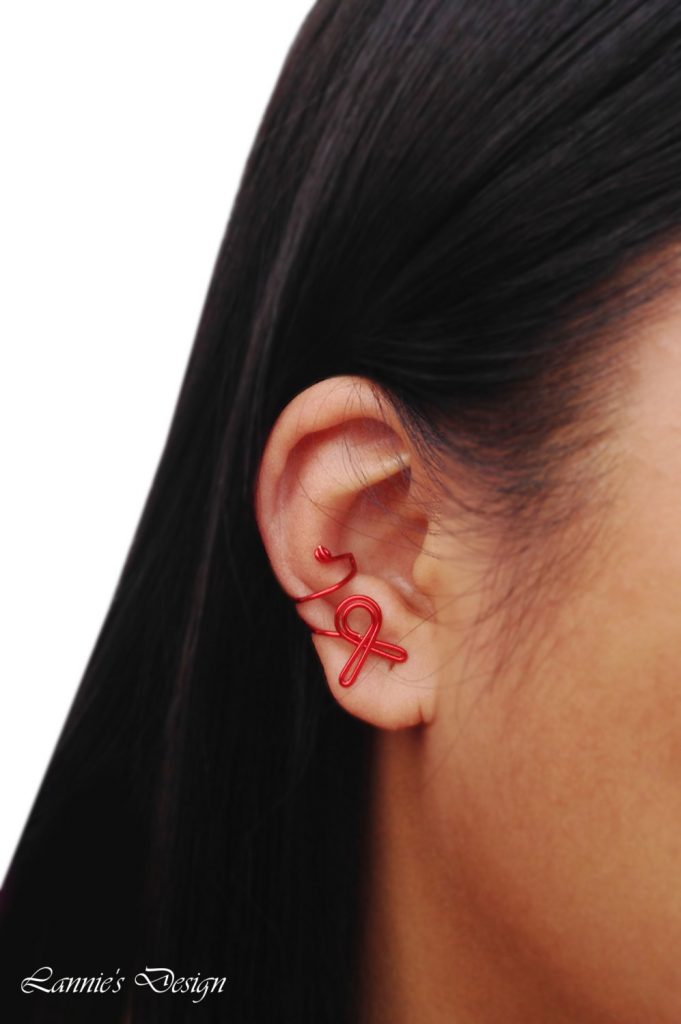
5 Reasons why some people get hearing aids but not wear them
May 17, 2017
Yolande about hearing and hearing aids on RSG
November 7, 2017 Human immunodeficiency virus and hearing impairment
Human immunodeficiency virus and hearing impairment
Considering that an estimated 36.7 million individuals live with HIV/AIDS and literature reporting that HIV/AIDS contributes to hearing loss, it is a surprise that not more focus and resources are employed to tackle this major hearing health concern head on. The question is – how common is hearing loss in HIV/AIDS and what causes this hearing loss?
Acquired immunodeficiency syndrome (AIDS) resulting from the human immunodeficiency virus (HIV) is a devastating pandemic, affecting the lives of millions of individuals across the world. Since the initial report of AIDS in 1981, 36 years later more than 35 million people have died while an estimated 36.7 million (and growing) continue to live with HIV/AIDS as a chronic condition.
Head and neck manifestations, including auditory and otological symptoms occur commonly in HIV/AIDS infected individuals. Reported symptoms include otalgia, vertigo, tinnitus, pruritus of the ear canal otorrhea and hearing loss. Various mechanisms of auditory dysfunction in HIV/AIDS have been proposed. These proposed mechanisms include the following:
- The direct effects of the virus on the central nervous system and 8th cranial nerve:
Several post mortem studies indicate central nervous system (CNS) involvement of up to 90% of individuals who have HIV/AIDS. Children are often more susceptible to CNS involvement due to immature immune systems. Frequent occurrence of abnormal ABR findings suggests compromised neural integrity and may in addition to hearing loss also result in early auditory processing disorders. The exact mechanism of CNS destruction is however not clear at this stage, although some studies link cortical demyelination as a potential cause thereof.
- Opportunistic infections commonly associated with hearing loss:
Otitis media, cholesteatoma, otosyphilis, cytamegalovirus, herpes zoster virus, toxoplasmosis and meningitis. These opportunistic infections can cause either a conductive hearing loss, sensory hearing loss, neural hearing loss and mixed hearing loss.
- Ototoxicity as a result of highly active antiretroviral treatment (HAART):
Various ARV therapies have proven to cause ototoxic hearing loss, possibly due to damage to the mitochondrial DNA. A higher prevalence of ototoxic induced hearing loss with the use of nucleoside reverse transcriptase inhibitors (NRTI’s) have been reported whilst possible drug interactions should also be considered.
- Ototoxicity as a result of medication administered in the treatment of opportunistic infections:
Due to the immune compromised condition of the patient, recurrent and multiple opportunistic infections are common which often indicates treatment with medication with known ototoxic effects. This puts the HIV infected individual at a significantly increased risk for ototoxic induced hearing loss. Tuberculosis for instance is a very common opportunistic infections and especially the multidrug resistant strains require high dosages of antibiotics such as streptomycin which is potentially devastating to hearing abilities.
Numerous studies, from as early as 1985, have reported auditory and otological manifestations related to HIV/AIDS. Cross-sectional adult studies have reported hearing loss prevalences of respectively 23%, 29% , 28.3%, 33.5%, 39% and 49%. A larger percentage of hearing loss was evident in more advanced stages of immune suppression with abnormal otoneurological findings and central versus peripheral damage increasing with disease progression. Despite a certain amount of variability across studies in regards to criterion used for defining hearing loss, sample size as well as distribution of subjects according to immunological status there is a general trend of increasing hearing loss across the frequency range, especially of a sensorineural nature, with disease progression.
Although these statistics shows some variation in the incidence of hearing loss in the HIV/AIDS population – it seems conclusive that a higher incidence of hearing loss occurs in the HIV/AIDS patient. Advances in highly active antiretroviral treatment (HAART) have proven to be highly effective in preserving and reinstating the immune system in the presence of the disease and are resulting in HIV becoming a chronic as opposed to acute condition with significantly longer life expectancy. By the end of 2015 approximately 17 million HIV positive individuals were using antiretroviral therapies. This means that non-life threatening aspects of the disease affecting quality of life, such as those relating to hearing and balance, are becoming increasingly important. Hearing loss often causes poor communication, social isolation, withdrawal, depression, dementia, frustration, decreased functional status, and maladaptive behaviour.
This highlights the need for early detection of auditory and otological symptoms and suggests that audiological monitoring should be a part of routine medical care in HIV/AIDS patients. In turn, this has major implications for especially developing countries with a very high HIV/AIDS prevalence and limited resources.
 Summary
Summary
- More than 36.7 million people live with HIV/AIDS as a chronic condition with an increased life expectancy due to highly effective ARV therapies.
- An increased incidence of hearing loss in HIV/AIDS patients is reported. This implies a growing population of patients with auditory and otological manifestations.
- There is a need for structured audiological monitoring programmes to be put in place as routine care in HIV/AIDS patients.
- The increased need for monitoring and treatment of audiological abilities implies a growing need for resources – especially in developing countries.
Yolande completed her Masters degree in audiology on the topic of HIV and hearing and published the following article in the International Journal of Audiology: Auditory and otological manifestations in adults with HIV/AIDS. The article can be accessed here.



2 Comments
This blog has helped me feel less alone in my HIV journey. The personal stories shared here have been incredibly relatable, and the community support is heartwarming. Thank you for providing a safe space for us to connect and learn.
Thank you for your positive feedback!